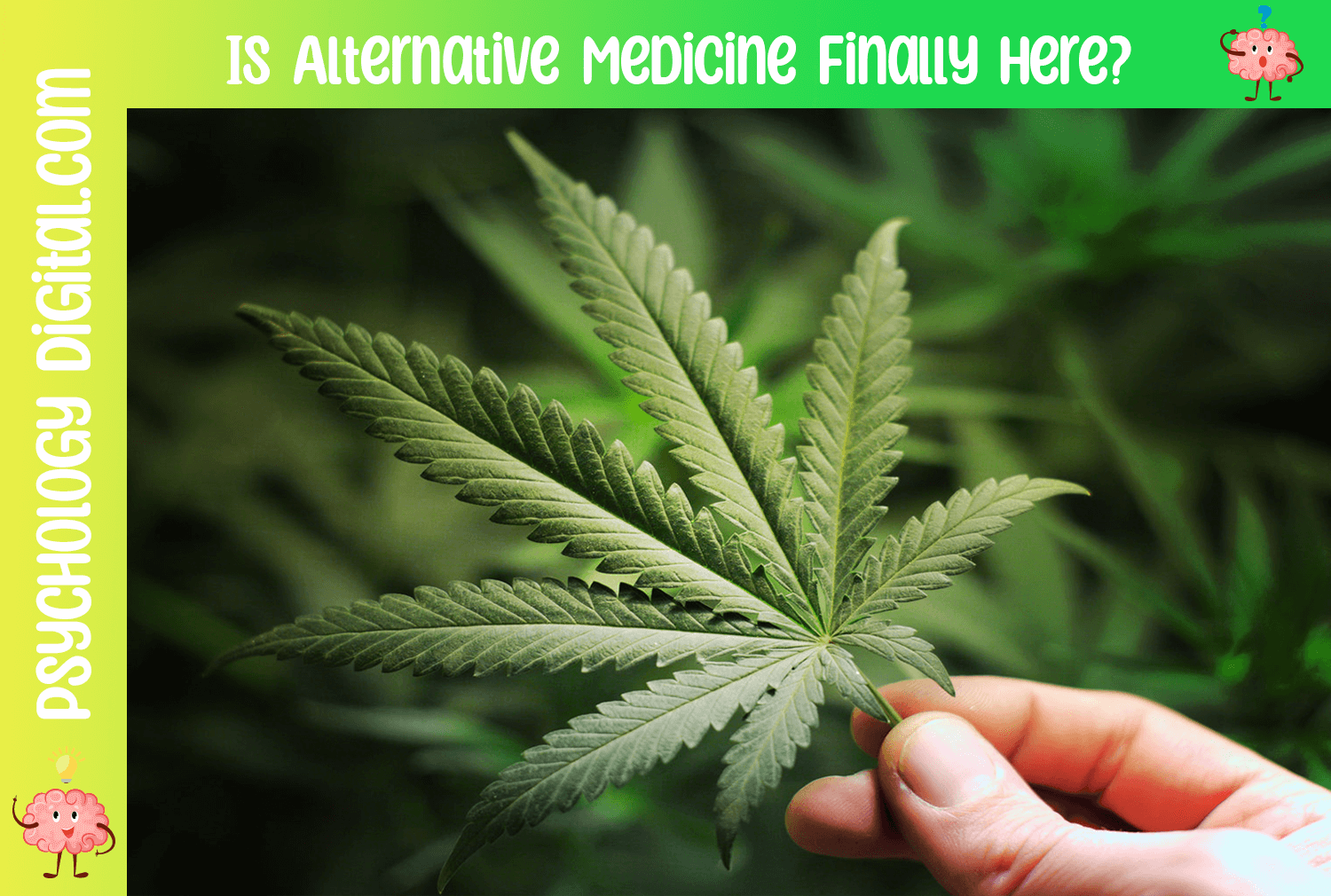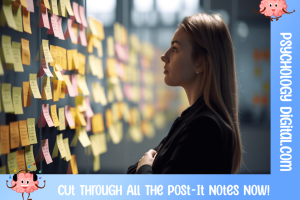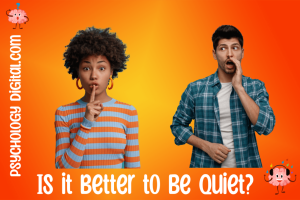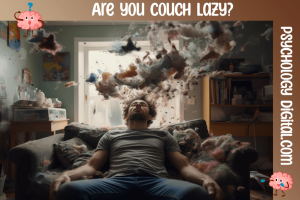
In the vast realm of medicine, the quest for natural remedies has always been a driving force. Today, as the spotlight turns to mental health, two age-old natural compounds – cannabis and magic mushrooms – are making a remarkable resurgence. Once overshadowed by stigma and skepticism, these substances are now at the forefront of numerous medical studies and conversations.
With compelling evidence pointing towards their therapeutic potential, particularly in mental health treatment, it’s time to delve deeper and explore the transformative impact of cannabis and magic mushrooms. Join us as we journey through scientific breakthroughs, patient experiences, and the future possibilities of these nature’s elixirs.
Nature’s Healing Potential
Modern medicine is undergoing a paradigm shift, recognizing and harnessing the therapeutic potential of naturally occurring compounds. Two such wonders of nature, cannabis, and magic mushrooms, are steadily gaining acknowledgment for their mental health benefits when administered under controlled conditions.
Cannabis, for many decades, marginalized due to its psychoactive properties, is now celebrated for its therapeutic effects. Beyond the immediate relief, it provides for conditions like chronic pain and nausea. Research indicates its potent role in alleviating symptoms of anxiety, depression, and PTSD. The calming effects of its components, such as CBD, assist in grounding and centering the mind, fostering a sense of well-being and reducing anxiety.
Magic mushrooms, containing the psychoactive compound psilocybin, are being looked at with renewed interest. Clinical trials reveal that psilocybin therapy can offer profound relief for treatment-resistant depression, end-of-life anxiety, and certain addiction disorders. Rather than just masking symptoms, psilocybin seems to ‘reset’ the brain’s problematic circuits, providing lasting relief.
Together, cannabis and magic mushrooms represent nature’s potent remedies. As researchers continue to delve deeper, understanding their mechanisms and optimal applications, the future seems promising for these natural healers, especially in mental health.
Cannabis and Its Multifaceted Benefits
Cannabis contains over 120 cannabinoids. Although experts don’t fully understand what each one does, some have anti-cancer properties, and others can improve mood and reduce anxiety when combined with an uplifting strain like Sativa or CBD.
The transformative power of cannabis on the body and mind is undeniably multifaceted. From the first moment of consumption, many report a soothing embrace, melting away their anxieties and worries. When I have experienced the removal of chit-chattering internal dialogues, I find it replaced by gentle warmth, relaxation, and positive thinking. Many users say that the persistent aches and pressures that once dominated their daily routine seem to take a backseat, allowing them to be more present at the moment. It’s a common theme. The idea of a narrower and more satisfying focus of thought
Mentally, cannabis uplifts and inspires. On days you feel bogged down by stress or life’s challenges, a little cannabis brings about surprising clarity. Thoughts become more fluid and creative, often leading to unexpected solutions or newfound inspiration. The world takes on a brighter hue, and music sounds more affluent, while you also have to be careful, as food becomes a sensory delight (The original cause of “I’ve Got the Munchies”). This plant’s myriad benefits make it no wonder its popularity and acceptance continue growing globally. It’s made its way through popular culture, especially in America, to be recognized as an essential tool to help many people live more mentally progressive lives.
How Prescription Cannabis is Consumed
Prescription cannabis offers patients a variety of consumption methods tailored to their needs and preferences. One standard way is smoking it traditionally as a joint. However, edibles provide an alternative for those who prefer not to smoke by integrating cannabis into foods or beverages. Another inhalation option that avoids combustion is using vaporizers or wax pens, commonly called ‘dabbing.’
The effects of prescription cannabis can vary based on the chosen consumption method, dosage, and frequency. Many patients find relief through relaxation, chattiness, or even light-heartedness. Conversely, some might experience heightened anxiety or over-awareness. Beyond its mood-altering effects, prescription cannabis acts as a potent antiemetic, beneficial for those undergoing chemotherapy or treatments for HIV/AIDS. It’s also recognized for stimulating appetite in patients with cancer-induced cachexia. However, patients must be aware of potential side effects, including short-term memory challenges. Always consult with a medical professional when considering prescription cannabis.
Beyond the Psychedelic Experience
Recent years have witnessed an exponential expansion of research on psychedelic experiences due to a worldwide “Psychedelic Renaissance.” LSD, psilocybin found in magic mushrooms, and MDMA are all considered potential treatments for anxiety disorders, mental health traumas, and many other problems.
While users from the 60s will already know, this is an excellent drug for teaching yourself insight. Recently, Roland Griffiths from John Hopkins University conducted a study that discovered psilocybin can induce what academics in the field of psychedelics refer to as “mystical-type experiences” in nearly 80% of participants, meaning an experience where an individual loses sense of themselves and merges into nature or people. Furthermore, such an encounter often has noetic qualities where participants sense truth being revealed through what is experienced.
Studies suggest that psilocybin may help psychotherapy by aiding individuals in facing difficult emotions or memories more directly. However, it should be remembered that psychedelic experiences don’t always appear pleasant; sometimes, they’re challenging and uncomfortable – therefore, working with experienced guides who understand these healing processes is highly recommended.
Magic mushrooms are a great experience and a tremendous way to learn about your mind and develop a deeper personality. You must be careful you consume in a safe and well-coming environment, as they can cause an over-exhaustive stream of negative thoughts if you have much of that already in your life.
The Science Behind the Euphoria
Euphoria is the result of experiencing feelings of contentment and happiness. This feeling can be achieved in various ways, such as through physical activity, positive relationships, or self-care practices. However, it’s important to remember that drug abuse or addiction could induce it.
Exercise releases endorphins, the body’s happy hormones. Popular culture often associates these chemicals with “runner’s high,” a euphoric state experienced after an intense workout. But studies reveal that while endorphins prevent muscle pain from worsening after vigorous activity, they do not pass the blood-brain barrier and affect mood directly.
To produce sensations of pleasure in reward centers such as the ventral tegmental area and nucleus accumbens that activate reward centers that have feelings of happiness, sometimes it can take more than just a morning cup of coffee or a fun day out shopping.
Holistic Approaches
Mental health patients often exhibit multiple symptoms, and holistic therapy provides a solution. Treating all areas of one’s being, mind, body, and spirit – this therapy often proves more successful than simply prescribing medication.
This holistic approach may involve yoga, meditation, or journaling to reduce stress and anxiety and enhance mood and overall well-being. Furthermore, these strategies teach long-term coping mechanisms which will serve patients in the future.
Finally, holistic approaches may include engaging in regular social activities with positive and supportive individuals to increase self-esteem while diminishing symptoms of depression, anxiety, or loneliness.
A holistic treatment approach may include lifestyle modifications such as adopting a healthier diet or increasing exercise to alleviate some physical symptoms associated with mental health disorders, including excessive fatigue and lack of energy.
These solutions can be used alongside prescribed cannabis and magic mushrooms. If you suffer from agoraphobia, you might be surprised to find yourself compelled to want to make an effort and signup for your local classes suddenly.
Success Stories
Now that the stigma against mental health disorders has faded away, many more people are seeking assistance for mental health disorders. Many find relief through medication, while others prefer psychotherapy or alternative treatments like yoga or massage therapy. Medication works by restoring chemical balance within the brain to relieve symptoms and enhance the quality of life for those suffering from depression, anxiety, PTSD, bipolar disorder, or schizophrenia – among other conditions.
I am always looking for success stories about your positive experiences. So if you have a story, contact me, and we can hopefully take some inspiration from you and publish a piece on your perspective for the benefit of our readers.
The Future of Mental Health
People with mental health problems often struggle to access treatment because they’re embarrassed to admit they need it. However, thanks to the increased destigmatization of mental health issues, individuals are increasingly speaking openly about their struggles within their family unit, neighborhood association, sports club, or workplace environment.
Alternative drug medication can be integral to mental health treatment plans and may help alleviate symptoms associated with various conditions, making psychotherapy or brain stimulation therapies more successful. However, medication does not cure mental illness; symptoms may return if someone discontinues their prescribed medicines.
This can be especially true for traditional medicines, but the side effects are much rarer with these alternative medicines. People admit that life is better for them, but they don’t experience a relapse in mental health difficulties. They learn to move on.
How to get a prescription?
If you are considering trying these new medications, it is wise to seek professional guidance first. A qualified therapist may recommend holistic approaches such as cognitive behavioral therapy, which may help alleviate your symptoms without needing medication. Should you decide to take medication? However, at least several months should pass before discontinuing or decreasing the dosage as sudden withdrawal can be risky to health.
There are many cannabis clinics in the UK, and doctors are more widely accepting the treatment for patients requesting it. However, there is still bias and opposition based on stigma, so make your case to your local MP for the availability of this drug if you have to. If you are in the US, in most states, you don’t need permission from the Dr, but if you do, plan your case thoroughly and present the evidence that you feel you should use this medication.
At times, discussing any concerns with your physician may be helpful, especially regarding potential side effects or interactions with the medications you’re taking. A journal or smartphone app can also be an excellent way to track symptoms and how they impact you – enabling both of you to determine better which treatments work and which do not to customize treatment plans as needed.


